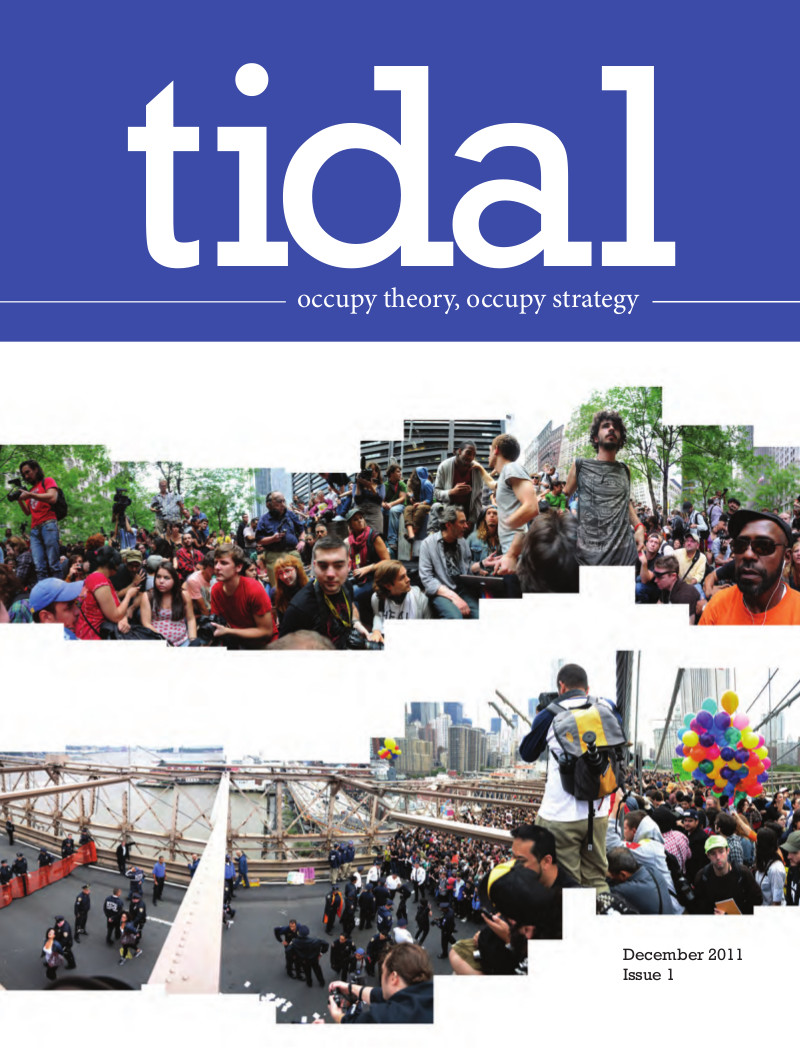Matt Taibbi: Griftopia: A Story of Bankers, Politicians, and the Most Audacious Power Grab in American History (2010)
Filed under book | Tags: · banking, economy, financial crisis, money, politics, usa

An illuminating and darkly comic tale of the ongoing financial and political crisis in America.
The financial crisis that exploded in 2008 isn’t past but prologue. The grifter class—made up of the largest players in the financial industry and the politicians who do their bidding—has been growing in power, and the crisis was only one terrifying manifestation of how they’ve hijacked America’s political and economic life.
Matt Taibbi has combined deep sources, trailblazing reportage, and provocative analysis to create the most lucid, emotionally galvanizing account yet written of this ongoing American crisis. He offers fresh reporting on the backroom deals of the bailout; tells the story of Goldman Sachs, the “vampire squid wrapped around the face of humanity”; and uncovers the hidden commodities bubble that transferred billions of dollars to Wall Street while creating food shortages around the world.
Publisher Spiegel & Grau, an imprint of Random House, New York, 2010
ISBN 0385529953, 9780385529952
252 pages
EPUB (updated on 2014-9-14)
Comment (0)Laura DeNardis: Protocol Politics: The Globalization of Internet Governance (2009)
Filed under book | Tags: · arpanet, intellectual property, internet, internet governance, open standards, politics, technology

The Internet has reached a critical point. The world is running out of Internet addresses. There is a finite supply of approximately 4.3 billion Internet Protocol (IP) addresses—the unique binary numbers required for every exchange of information over the Internet—within the Internet’s prevailing technical architecture (IPv4). In the 1990s the Internet standards community identified the potential depletion of these addresses as a crucial design concern and selected a new protocol (IPv6) that would expand the number of Internet addresses exponentially—to 340 undecillion addresses. Despite a decade of predictions about imminent global conversion, IPv6 adoption has barely begun. IPv6 is not backward compatible with IPv4, and the ultimate success of IPv6 depends on a critical mass of IPv6 deployment, even among users who don’t need it, or on technical workarounds that could in turn create a new set of concerns.
Protocol Politics examines what’s at stake politically, economically, and technically in the selection and adoption of a new Internet protocol. Laura DeNardis’s key insight is that protocols are political. IPv6 serves as a case study for how protocols more generally are intertwined with socioeconomic and political order. IPv6 intersects with provocative topics including Internet civil liberties, U.S. military objectives, globalization, institutional power struggles, and the promise of global democratic freedoms. DeNardis offers recommendations for Internet standards governance, based not only on technical concerns but on principles of openness and transparency, and examines the global implications of looming Internet address scarcity versus the slow deployment of the new protocol designed to solve this problem.
Publisher MIT Press, 2009
Information Revolution and Global Politics series
ISBN 0262042576, 9780262042574
270 pages
PDF (updated on 2012-7-22)
Comment (1)Tidal: Occupy Theory, Occupy Strategy, 1 (2011)
Filed under magazine | Tags: · activism, debt, economy, money, occupy movement, politics, protest, theory

“We believe we can’t have radical action without radical thought.
Tidal offers theory and strategy as a means of empowering occupiers, whether actual or potential, to envision actions that ultimately transforms existing power structures.
In Tidal, theory means an assumption based on limited information or knowledge. Strategy means the art of devising or employing plans or stratagems towards a goal. Action means this. This moment; This struggle. many voices. history. and process. collectively, imagine.
We are an ongoing horizontal conversation among those who have spent most of their lives thinking about this moment, and the people in the Occupy Movement that are making decisions every day about its future. Aware that ability is a privilege, Tidal endeavors to offer challenging ideas in language that’s accessible to the common person. We hope these writings positively impact the Occupy Movement, propel it forward and clarify its goals.” (Editorial statement)
Edited by Natasha Bhagat Singh, Amin Husain, Babak Karimi, Laura Gottesdiener, and Isham Christie
Publisher Occupy Media, December 2011
24 pages
PDF, PDF (2 MB, updated on 2017-12-2)
Comment (0)
